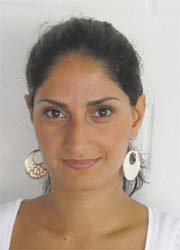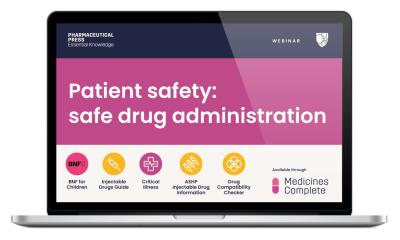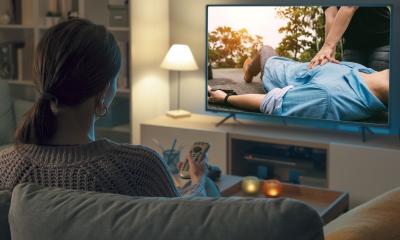Germany's Muslim patients
A new Turkish patient is admitted. What would almost any nurse think? "The whole family will always be there", says health economist Fatemeh Pohl-Shirazi. "In Muslim cultures illness makes someone the centre of attention and the whole family wants to show compassion — which unavoidably changes normal hospital routine. The patient's room will always be full, with visitors coming and going, and visiting times often re-interpreted. They will also bring food for the patient." Here she outlines a few significant cultural differences and ways to better understand and therefore avoid awkwardness in care.

Same disease, different perspective: In any culture physicians strive to fight, mitigate and heal illnesses.But what is an illness and what is health? The answer can be very different in different cultures.
So, who can help, doctor or traditional healer?
Muslims are not a homogenous group: some are deeply religious, others more or less so and more or less open towards Western lifestyles. However, they all grew up in a culture very different from that which has been dominant in Western Europe. In many regions and families, the hodscha (healer) is still an important figure – and he may well determine the ‘evil eye’ or some evil demon to have caused an illness. Additionally, the women are often shy and consider undressing for a medical examination extremely embarrassing.
Although Christians and Muslims appear to share everyday life in Germany, they largely live in separate worlds and often do not know much about the others’ customs and rituals. In the microcosm of a hospital this separation cannot be so easily maintained. Their worlds clash. Lack of knowledge, on both sides, can cause misunderstandings with awkward results.
The major, most immediate issue is language. Many Muslims here speak little if any German. Therefore family members become interpreters. But do they – for whatever – reason tell the truth? Sometimes the family member wants to spare the relative the truth and consciously offers a wrong translation.
Different expression of pain and medical approaches
In Turkish culture, expressing emotions and pain is acceptable, because the sufferer is the centre of attention, and the more severe the pain, the greater the attention.
Thus, the expression of pain may be increased if Muslim patients fear that hospital staff will neither understand them nor take them seriously. This means the expression of pain may be more intense than the pain actually is.
The behaviour of patient and physician may also lead to misunderstandings: German doctors frequently distance themselves from patients. Diagnosis is brief, physical gestures are minimal. The physician should expect to be observed critically by the patient who may decide, without hesitation, to obtain second and third opinions.
What role does a Muslim physician play? He or she enjoys considerable respect, trust and authority. Physical gestures are welcomed as signs of a trustful relationship. Most physician-patient interviews begin with the physician enquiring about the wellbeing of the patient’s family.
Mutual information and expressions of empathy can build bridges, not only because knowledge of Muslim perspectives and rituals facilitates communication in the hospital and even increases the probability of successful treatment, but also because we live in times of transition, in times when cost-efficiency is imperative, because customer and patient-oriented work is vital to a hospital’s economic success – and because Muslims are a target group. Not to mention the fact that a specialised service for this target group may attract a solvent clientele from the Middle East – a major beneficial economic factor.
How can medics learn more about Muslim culture that would not only help to solve stressful daily problems but also improve quality of care? An initial, simple step can be found in workshops on communication with patients from different cultural backgrounds and further education of clinical staff.
* Workshop details: Pohl-Shirazi@gmx.de
01.09.2008





